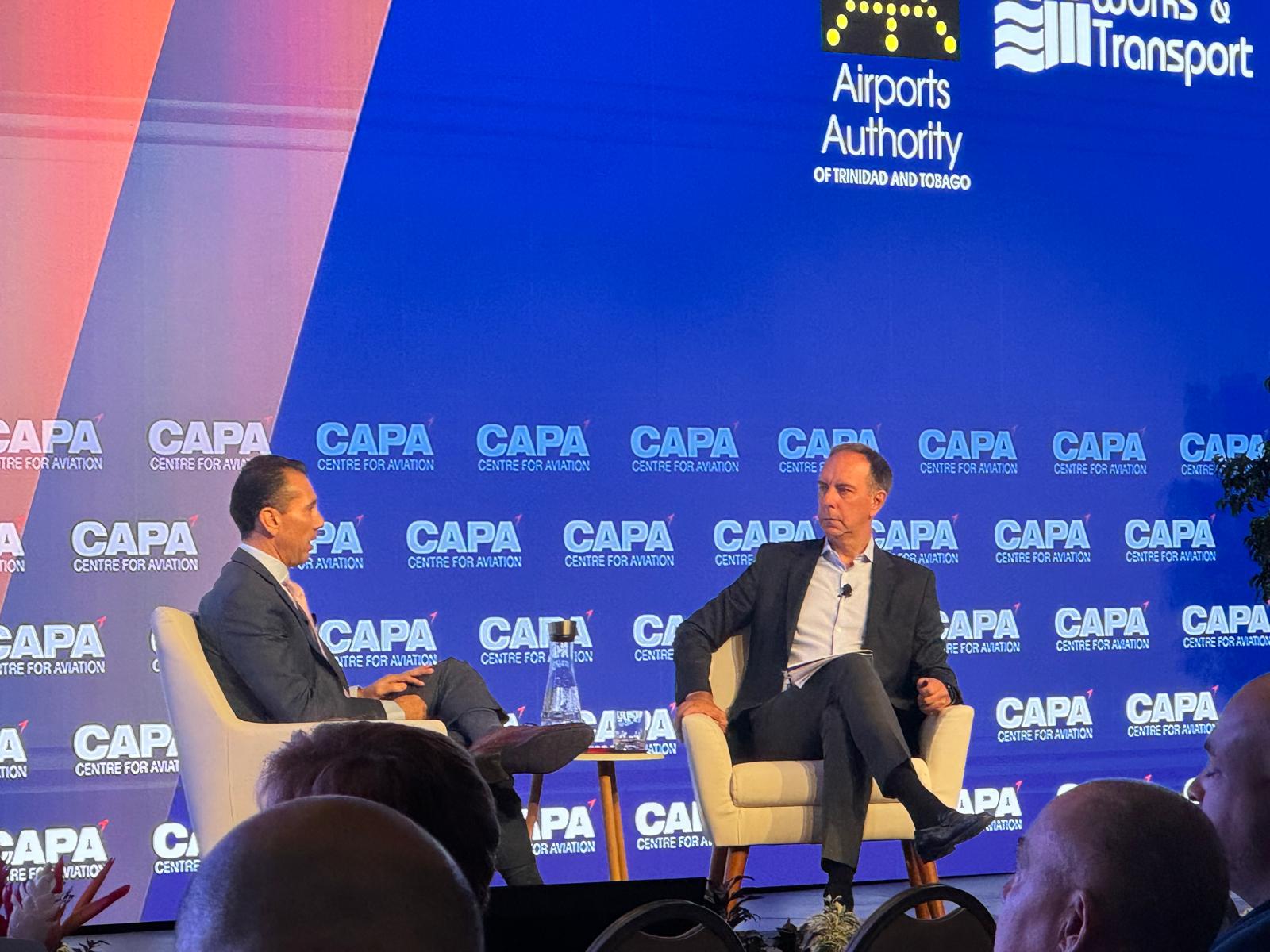While every regional government over the years has clamoured for more international connectivity, Peter Cerda, regional vice president of the International Air Transport Association (IATA) believes better dialogue is needed on this issue.
In a one-on-one interview with the Sunday Business Guardian at the CAPA Centre for Aviation Airlines Summit, which was held at the Hyatt Regency last week, Cerda explained that it’s not that easy to start a new route, particularly with the challenges the industry is facing, such as lack of manpower and aircraft.
He said airlines are very selective in terms of opening new routes or increasing capacity.
“So we need better dialogue with governments in terms of why it will be beneficial, why it’s financially viable to operate to a new destination. And with that, that’s where we need that collaborative approach.”
He lamented that many governments would talk about the need for more connectivity, but they’re also increasing taxation on travel and tourism, which is very contradictory.
“You want tourism to increase, you want more flights, but at the same time, you’re taking advantage of that favourable position or situation to increase taxation. And that is discouraging more people from coming for travel and tourism, particularly in an age where consumers have the internet to search for the best destination, the best experience at the best price,” the regional vice president emphasised.
It’s about establishing a clearer framework and better strategy, he said as IATA wants the industry to win, to be successful in new markets, and for the countries to be successful.
“We want to contribute to economic development. We want to contribute to better social conditions in the country, along with the Gross Domestic Product (GDP) to increase, but there has to be a balanced approach in how we go about that,” Cerda underscored.
Questioned as to why he believed the industry is so heavily taxed, Cerda said that the sector is an easy one to tax.
“When you look at the Caribbean, per se, the only way to get to the islands is by air. There are no roads, the maritime infrastructure is not set up, and so air travel becomes the most viable way to get to the islands. So it’s an easy way for the government to say, well, they have to get to the islands, they’re going to have to come by air.
“In some cases, the ticket tax or the tax imposed on the ticket is 60 per cent, 70 per cent, 80 per cent higher than the actual ticket itself to travel from point A to point B. And that’s where we have to change. You can’t have it in today’s market where the tax is more expensive than the actual airfare, It’s no longer a luxury.
It becomes a way of movement in which you can stimulate more business, more opportunities for growth, more opportunities for family and friends to visit.” he outlined.
Cerda said the IATA wants a transparent and collaborative relationship with regional governments, as he said this is critical.
Recovery of airlines
Speaking to Sunday Business Guardian about the recovery of the airlines, after the passage of COVID-19, Lori Ranson, senior analyst Americas for CAPA Centre for Aviation, said the aviation industry is progressing, particularly in the Caribbean and there are a lot of opportunities and some new ones as well for longer haul routes.
“Airlines, including in Latin America and the Caribbean are working to strengthen their customer product. I think that it is a big priority for airlines to build up connectivity, especially in the Caribbean, but challenges would come with that,” she said.
In terms of airlines being profitable, Ranson said some regions would be profitable, while some wouldn’t.
“Generally, everyone is on a good trajectory after COVID, and in terms of profits, some regions are slower to recover than others.”
On the issue of taxes, she said the industry has been facing these high taxes for several years.
“I hope that work is going on behind the scenes to ease some of those challenges and look for rational solutions,” Ranson added…



